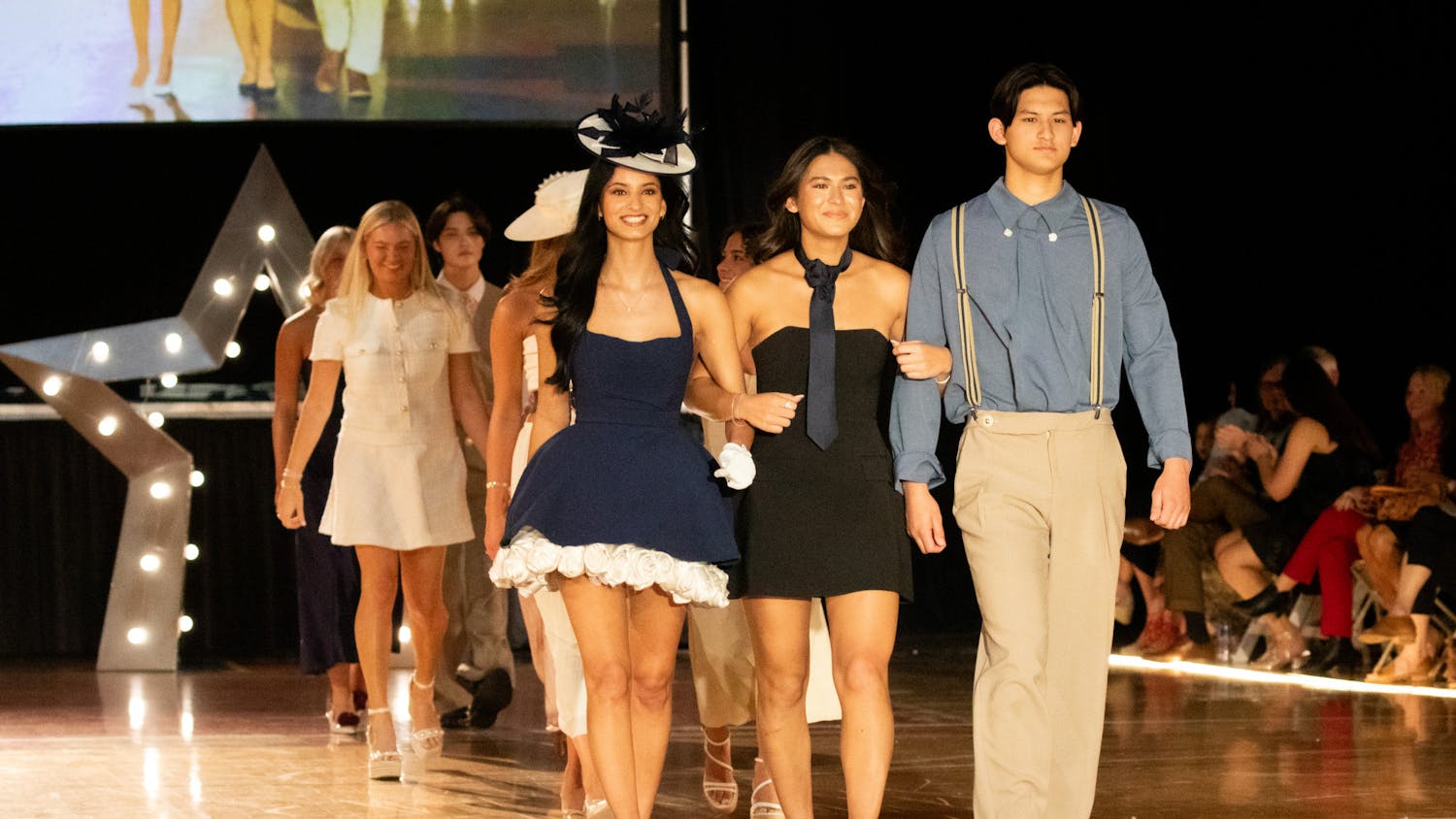The prosecution in Alabama Speaker Mike Hubbard's ethics case filed two motions Tuesday, April 26, ahead of the pretrial hearing scheduled for Friday, April 29.
The first was a response to the defense's most recent motion to delay the trial, in which they say the request should be denied. This is the sixth time defense has asked for it to be pushed back, according to the filing.
The prosecution stated in the filing the defense implied they intended to appeal Judge Jacob A. Walker's decision after the trial if he denied their motion to delay until August.
"Further, at this point, both this Court, through the granting of multiple continuances and pretrial hearings, and the state, through its production of its discovery in an electronically searchable format and its production of its trial exhibits, have bent over backwards to accommodate the defense’s trial preparation since this case was indicted 18 months ago," the first filing reads.
Hubbard's attorneys, Bill Baxley and Lance Bell have continuously argued they haven't had enough time to prepare for trial after the original lead defense attorneys, Mark White and Augusta Dowd, left the case in December. Bell has been on the case since the indictment, according to the filing, and Baxley joined the defense team in February.
The prosecution also alleges White passed along "a substantial amount of work" on the case to Baxley. They also said in the filing White called a lawyer representing one of the state's witnesses.
The prosecution argued Walker's decision would be upheld because denying motions to delay trials because of inadequate time to prepare is often upheld by higher courts. They quoted the Alabama Supreme Court in arguing trial judges are not abusing their powers by denying continuances, and stated defense attorneys only had days or minutes to prepare in the cases where a motion to continue was denied by a trial judge and reversed in a higher court.
The prosecution also said there is no grounds to delay the trial because counsel was ineffective, an argument that is typically made post-trial, according to the document.
"Hubbard’s defense attorneys are some of the most experienced criminal lawyers in Alabama and have decades of trial experience," the filing reads. "The probability that these attorneys will be unable to provide constitutionally effective counsel, particularly when three of them have been counsel of record since before indictment is exceedingly remote."
The other motion explained their previous motion to exclude evidence regarding the defense's motions to dismiss because of prosecutorial misconduct. Walker denied the misconduct motions March 29.
The prosecution stated the defense shouldn't be able to bring up anything related to the prosecutorial misconduct by lead prosecutor Matt Hart because it has no bearing on Hubbard's guilt or innocence.
The prosecution is arguing the defense wants to bring up the prosecutorial misconduct allegations to "'divert the minds of jurors from the main issue.'"
At an April 20 pretrial hearing, Walker was hesitant to grant the motion to exclude evidence, and said he would rather rule on what can be brought up in trial in the moment. The latest motion stated the defense could bring up whatever they want when the jury isn't present and at any appellate review.
"Second, and relatedly, the State is aware of no authority which would allow a jury in a criminal trial to try a collateral legal issue like prosecutorial misconduct, not to mention a collateral issue that the Court had already resolved pretrial," the second filing reads. "The jury will decide whether Hubbard is guilty or innocent of the 23 felony ethics counts in the indictment — not legal issues that have nothing to do with the merits of the charges."
The prosecution also objected to prosecutors, specifically Hart, being called as witnesses. They argued there is no "compelling need" to call prosecutors as witnesses, and their testimony has no bearing on Hubbard's guilt or innocence.
Hubbard was indicted on 23 counts of felony ethics violations in 2014, and his trial is currently set to start in May — approximately 577 days after the indictment, according to the first filing.
"The time has come to end such unnecessary expenditures of time and effort," the filing reads. "Accordingly, the state respectfully requests that this court deny Hubbard’s sixth motion so that this case can be tried as currently set."
Do you like this story? The Plainsman doesn't accept money from tuition or student fees, and we don't charge a subscription fee. But you can donate to support The Plainsman.



